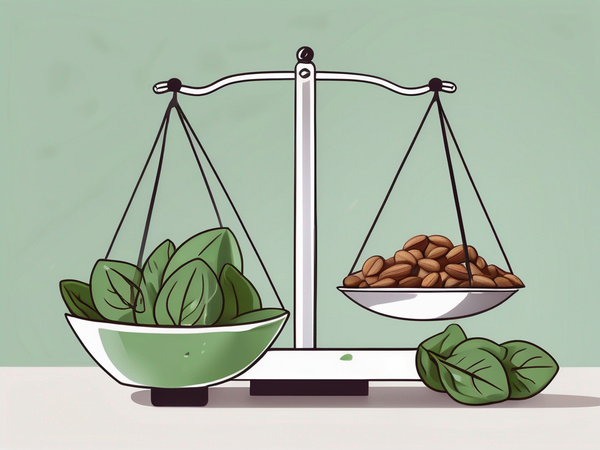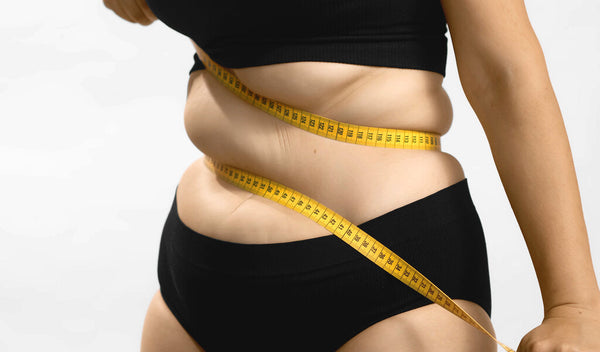When celebrities the world over endorse a diet and swear by its efficacy in weight loss to be in the best shape, millions follow them like a trend, knowing little about the impact it can have on their long-term health and wellbeing. Ketogenic diet, widely known as keto diet, is touted to be the image makeover diet that visibly shows results on the waistline and weighing machine. This explains the hullabaloo around this diet in a world where obesity has taken epidemic proportions, coupled with an obsession to get that Instagram-worthy body.
Simply put, a keto diet is a low-carbohydrate, high- fat diet. The absence of energy producing carbohydrates in the body puts it into a metabolic state called ketosis, which breaks down the fat reserves in the body to use as energy, eventually resulting in weight loss. A person on keto diet significantly reduces the intake of carbohydrate-rich foods (< 50gms) and switches to high- fat and protein-rich foods like eggs, processed meats, sausages, cheeses, fish, nuts, butter, oils, seeds, and low-carb vegetables with gradually poor-quality of fats becoming sizeable portions in their meals.
Besides weight loss, studies have shown its benefits in reducing blood sugar levels and cholesterol and improving skin and hair health, courtesy the high intake of protein. Despite this, controversies have time and again stirred around the long-term effects of keto diet. Health experts and researchers have exposed numerous risks and health hazards in people who take up keto in its extreme forms. In the absence of healthy whole-food carbs- symptoms like fatigue, nausea, vomiting, headaches and constipation ensue, which are collectively termed as keto flu.
But it is the more serious health risks that set the alarm bells ringing. Disproportionate intake of fat (more saturated/ less unsaturated), proteins ( processed meat) and restricted carb intake of foods like whole-grains, vegetables and fruits adversely affect vital organs. It increases the risk of cardiac ailments and burden organs like liver and kidney- triggering an onset of fatty liver disease and kidney stones, among other things. Keto diet is also infamous for causing osteoporosis and poor gut health that manifests into chronic constipation and nutrient deficiencies.
How to Fight Fatigue while on Keto ?
Some of these issues like nutrient deficiency and loss of essential vitamins can be managed effectively by clinically proven dietary supplements like Wellbeing Nutrition’s Melts Essential Vitamin Kit which contains your daily dose of vitamins like vitamins D3 and B12 to help fill in the nutrition gap and increase your energy levels throughout the day. These are FDA-approved rapid-dissolving oral thin strips that contain 100 percent plant-based ingredients, delivering a healthy dose of vitamins by ‘melting’ in your mouth. They are manufactured using advanced nano-science that extracts essential plant based ingredients and converts them into tiny molecules - aka nanoparticles resulting in a much quicker rate of nutrient absorption.It is observed that people on a keto diet have a tendency to partake unhealthy fat-rich foods and reduce consumption of low-carb vegetables and fruits. This is the main reason for fatigue that one experiences while dieting. Wellbeing Nutrition’s Daily Greens offers the perfect solution to this hurdle by providing whole-food nutrition and multivitamins from 39 farm-fresh greens, veggies, fruits and antioxidant rich superfoods, just one immunity boosting effervescent tablet of Daily Greens will fill the nutrition gap in your daily diet. These are 100 percent organic, GMP-certified, and non-GMO tablets that contains all essential vitamins and minerals necessary for your overall health and wellbeing.
Understanding the ‘gut feelings’ while on Keto
The ketogenic diet interferes with the proper functioning of the gut as it restricts the ingestion of healthy carbohydrates. This results in a supply-cut of natural prebiotic and probiotic food sources that is essential for a healthy gut and good digestion. Wellbeing Nutrition’s Prebiotic +Probiotic tablet supplements come to the rescue here by providing clinically-approved combination of Probiotic strains + Prebiotic fibre promoting Digestive Balance with a blend of 6 Active Probiotic cultures and Clinically Studied Prebiotic Fibre – Apple Pomace and Chicory root (Inulin) for complete Gut Health. These effervescent tablets add 36 billion (CFU) active live cultures per serving to improve gut microbiome. This GMP certified supplement works on a delayed release technology that allows the probiotics to survive in the acidic conditions for a longer period providing relief in conditions like gas, constipation and IBS, which are common misgivings of a keto diet.Final Takeaway – Veto the Keto ?
Though you may experience weight loss within a short span of time, which may seem very attractive, it is advisable to consult a dietician/nutritionist before taking up a strictly restrictive diet like-keto. People with other medical conditions involving organs like liver, pancreas and kidney must refrain from such diets without a go-ahead from a trusted physician. Health experts have widely opined that low-carb restrictive diets like keto become unsustainable to follow in the long run resulting in a very short-lived feel good takeaway. Rather a low calorie, balanced and healthy diet of whole-food carbohydrates, healthy sources of fat and protein combined with daily routine of physical exercise and work out helps maintain a fit body and a healthy mental state. Being healthy and active should be a daily lifestyle and not a short-span fad that causes more harm than good. So opt for eating right and getting fit over going for fad diets that give you fast results but put you equally at a risk of nutritional deficiencies !
References
- Joshi Shilpa, Viswanathan MohanIndian J Med Res. 2018 Sep; 148(3): 251–253. doi: 10.4103/ijmr.IJMR_1666_18 PMCID: PMC6251269 https://www.ncbi.nlm.nih.gov/pmc/articles/PMC6251269/
- Jennifer T Batch, Sanjay P Lamsal, Michelle Adkins, Senan Sultan, Monica N Ramirez Cureus. 2020 Aug; 12(8): e9639. Published online 2020 Aug 10. doi: 10.7759/cureus.9639 PMCID: PMC7480775 https://www.ncbi.nlm.nih.gov/pmc/articles/PMC7480775/




























